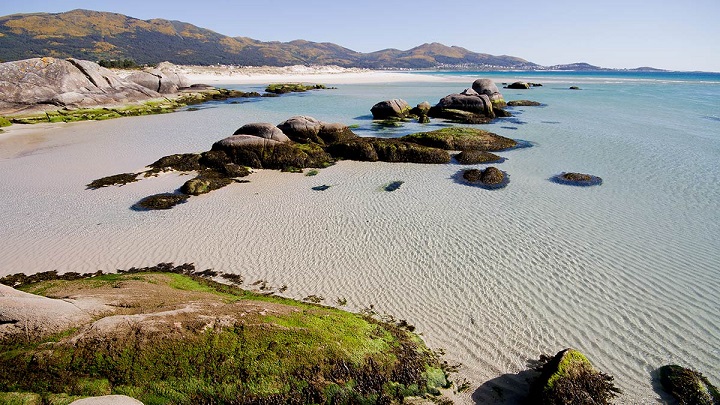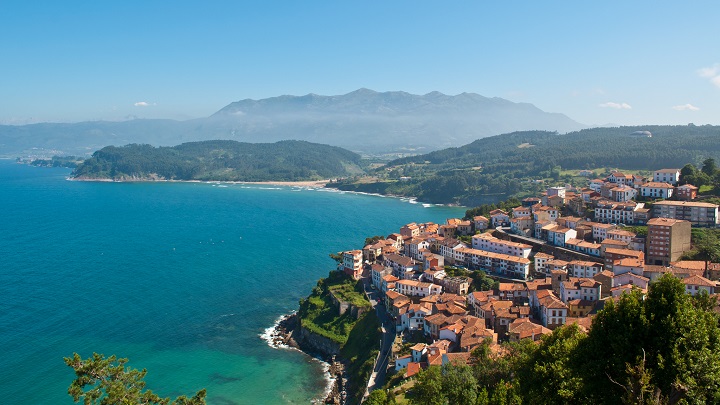
It is no coincidence that Spain is one of the countries that receives the most tourism year after year. Beyond the sun and the beach that foreigners seek so much, it must be said that there are beautiful places that are not usually given much publicity.
If you are tired of always going to the same cities and want to do something different, I recommend taking note of the towns that we mention below.
A list that you cannot miss
Las Villuercas-Ibores in Cáceres (Extremadura) is one of the most overwhelming secret places in all of Spain: five mountain ranges (Alcornocal, Ortijuela, Alta, Viejas, Hospital del Obispo and Altamira), two great rivers (Tajo and Guadiana), high mountains and meadows, chestnut groves and holm oaks perfectly preserved. What more could you want?
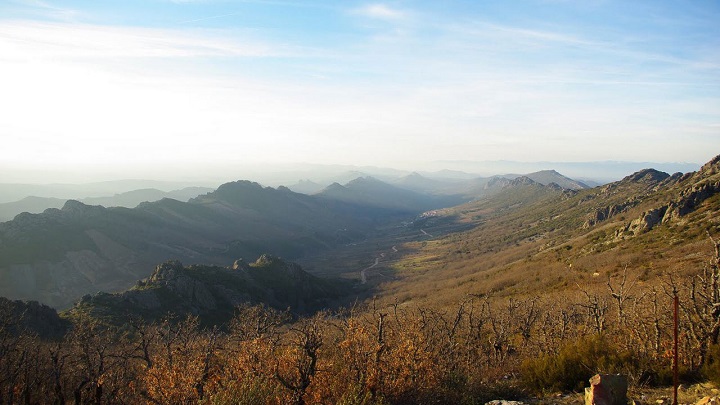
Alcudia Valley-Campo de Calatrava in Ciudad Real (Castilla-La Mancha). A beautiful place to contemplate the landscape. Past determined by cattle ranching and the obligatory passage of travelers who traveled the Camino Real de la Plata, which communicated Toledo and Córdoba during the Middle and Modern ages, the Alcudia Valley and the Campo de Calatrava are regions of La Mancha.
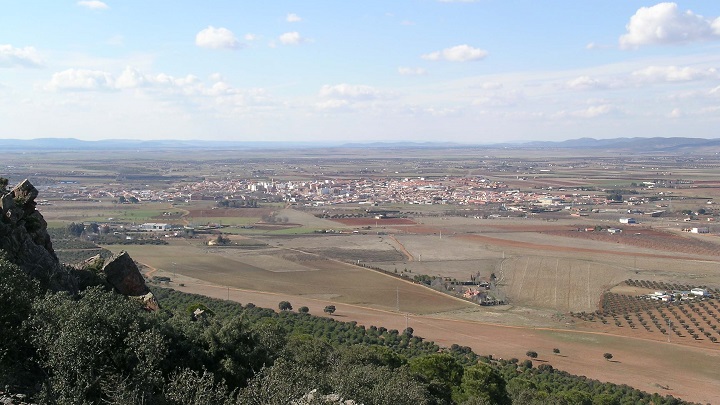
La Tinença de Benifassà in Castellón (Valencian Community). The Valencian Community is not only beaches for sunbathing on its coasts. Also in the interior of the region there are many surprising enclaves.
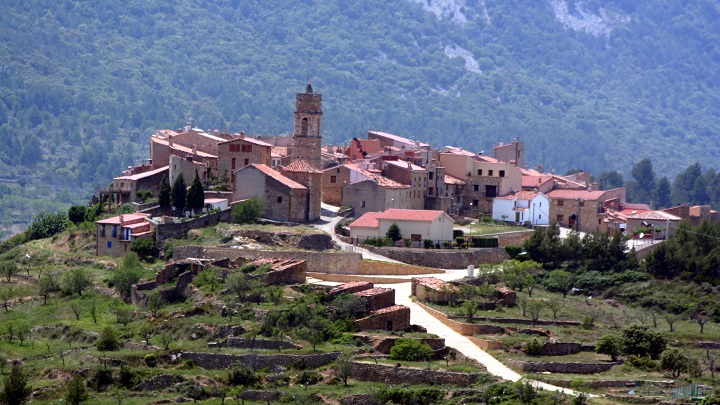
Sigüenza in Guadalajara (Castilla-La Mancha). Sigüenza continues to maintain, despite the arrival of modernity and the proliferation of the tourism business, its two qualities: the upper city is medieval and the lower city is Renaissance and Baroque. A true wonder of the past.
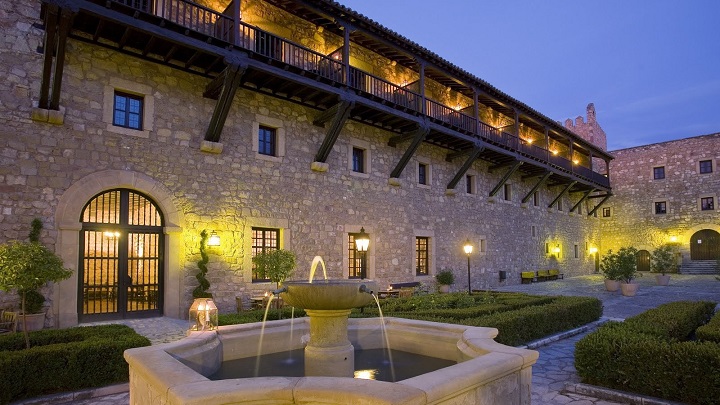
Sierra de Pela in Soria (Castilla-León). Precious and beautiful Romanesque sandstone churches, reddish ravines where graceful and undaunted griffon vultures nest and depopulated villages.
Fornells in Menorca (Balearic Islands). The north coast of the island is a charm. The island is one of the most touristic places in Spain.
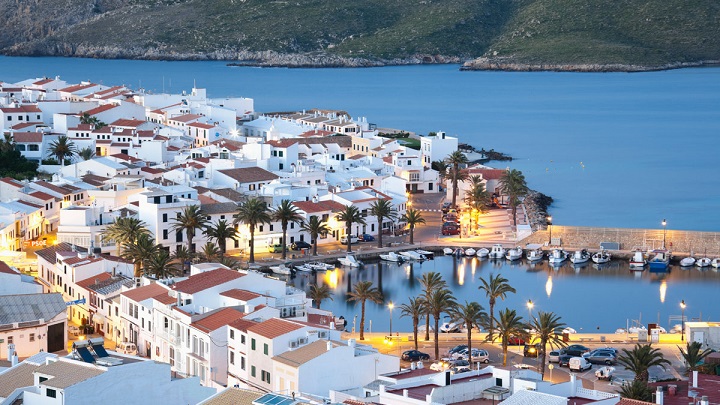
La Bisbal d’Empordà in Girona (Catalonia). Capital of the lower region of Empordà, a city of Roman origin arises that preserves a large part of the medieval urban structure. Decorative pottery is the main art in the area.
Ordesa in Huesca (Aragon). National Park since 1918, Biosphere Reserve, Bird Protection Zone, Council of Europe Diploma, World Heritage Site. A place to get lost.
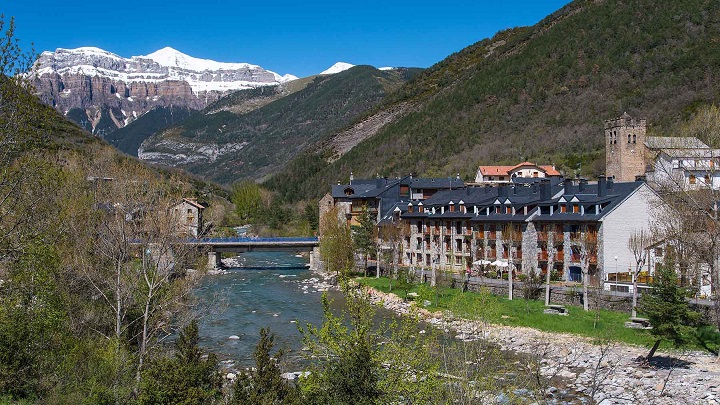
La Rioja Baja in Logroño (La Rioja). It is essential to visit the Natural Reserve of the Sotos below the Ebro and understand that this type of exuberant riverside forest, now reduced to 4.5% of the surface of the river plain, occupied the entire area decades ago.
Aralar (Navarra). The best preserved mid-mountain range in the north of the Peninsula, time seems to have stopped there.
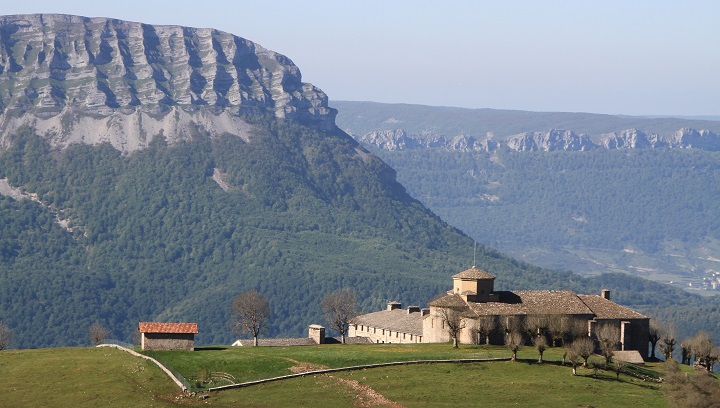
Urdaibai in Vizcaya (Basque Country). Declared a Biosphere Reserve, it is the most important wetland in the Cantabrian Sea.
Comillas (Cantabria) The Villa de los Arzobispos is the summer destination of many bourgeois from Madrid, Barcelona, Seville and Bilbao. Famous for being the first Spanish town with electric public lighting.
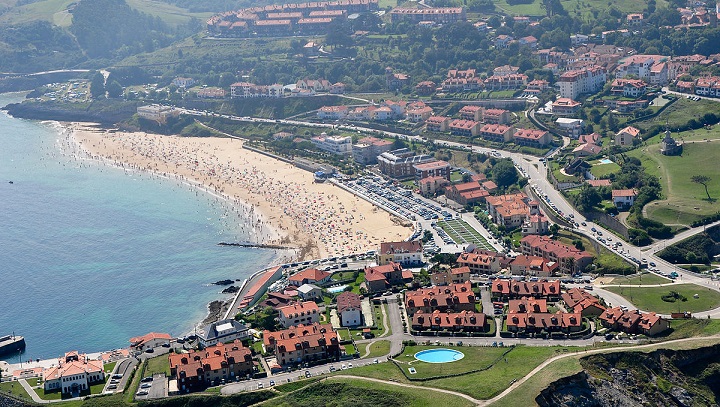
Valley of Silence – Las Médulas in León (Castilla-León). Retreat place for hermits in the first centuries of Christianity, it maintains something of that spirit. This is demonstrated by the remains of the sober monastery of San Pedro and in the old town of Peñalba de Santiago.
Gulpiyuri in Llanes (Asturias). A sunken beach in the middle of a meadow and 100 meters from the sea. A rarity worth visiting.
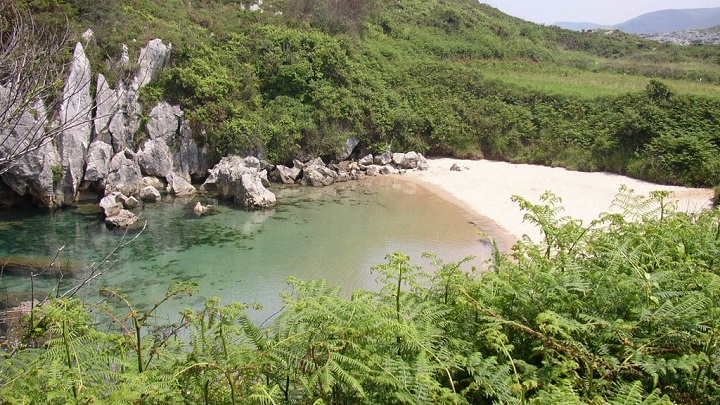
Os Ancares in Lugo (Galicia). The natural border between the Eurosiberian and Mediterranean areas. Area inhabited since pre-Roman times due to its privileged strategic location.
Carnota in A Coruña (Galicia). The 7-kilometer-long beach is the best of the Spanish Atlantic.
